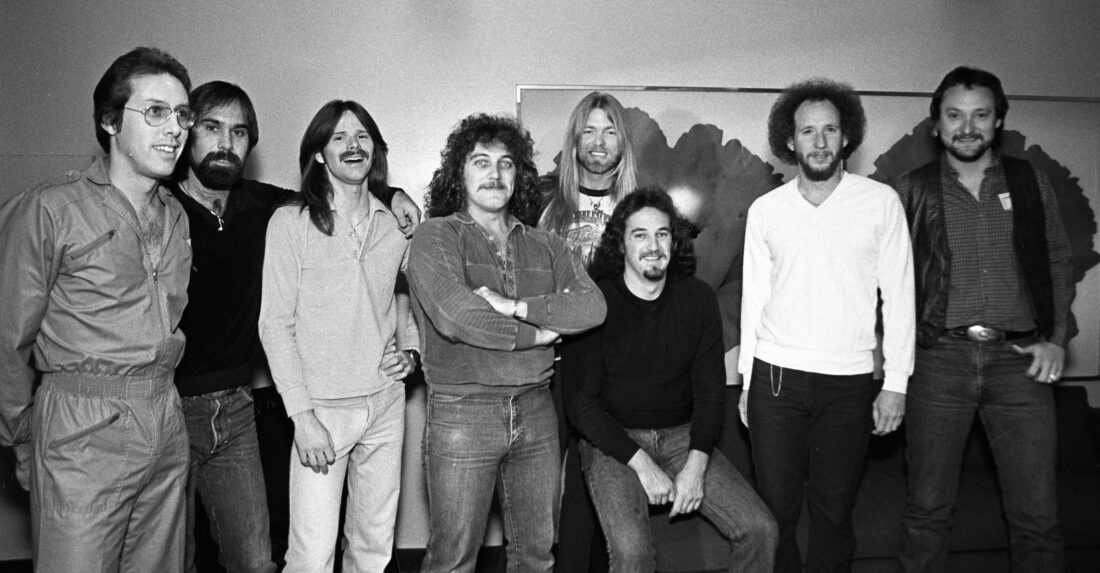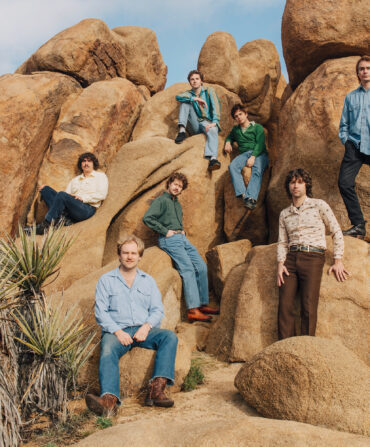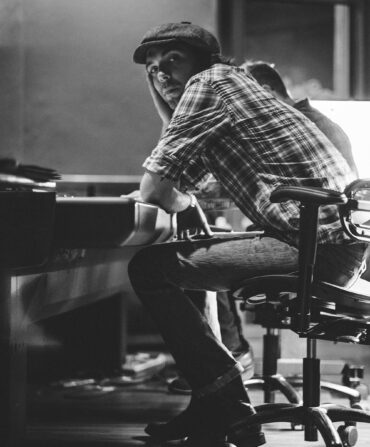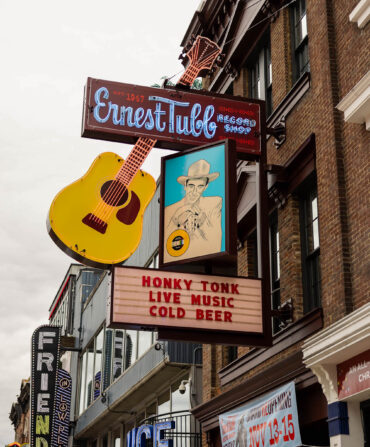In 1983, Gregg Allman was in turmoil. The Allman Brothers Band, which had reformed five years earlier, called it quits for the second time. The band considered their post-reunion albums—1980’s Reach for the Sky and 1981’s Brothers of the Road—embarrassing. Allman recalled in his autobiography that it “was like a whole different band made those records…In truth, though, I was just too drunk most of the time to care one way or the other.”

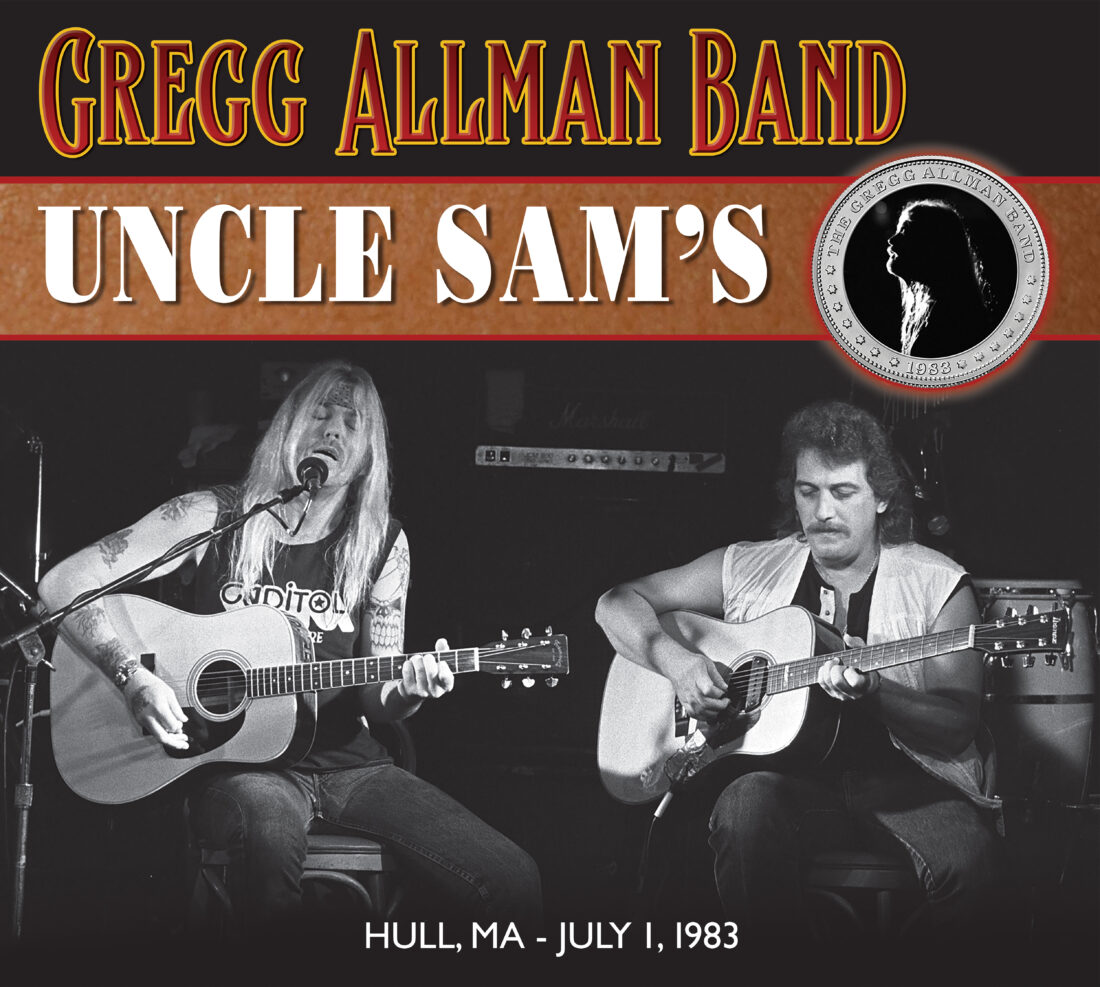
The decade may not have been kind to Allman—financial instability and continued substance abuse took their toll—but he remained a road warrior. On July 1, 1983, at a small club in Hull, Massachusetts, Allman, along with guitarist Dan Toler and his drummer brother Frankie, tore into a set split between ABB classics and his solo material. Opening with a delicate acoustic version of “Midnight Rider,” Allman settled in with jazzy, horn-fueled versions of “Hot ‘Lanta” and “Queen of Hearts” before hitting overdrive with a ferocious, sped-up version of “Trouble No More” and a soaring “Don’t Keep Me Wondering,” to the delight of the raucous crowd.
The set is captured on the new release Uncle Sam’s, which Garden & Gun is thrilled to premiere. The album is the debut offering from an extensive archive of Allman’s work overseen by son Devon Allman and Gregg Allman’s longtime manager, Michael Lehman. Check out Uncle Sam’s below, and read on for an exclusive interview with Devon about the release. The album is out Friday, September 20, and available for pre-order here.
With archival releases, you hear stories about tapes stashed in an attic or a long-neglected storage unit. Where was this one found?
Actually, this one came from a fan. It was great sounding sonically. We’re not against putting something out that’s not perfect sounding or is more of a bootleg; you have to balance the sonic quality versus the performance. Things will come straight from the family archives and what was recorded on tour, and then some jewels will come up through the fans. Every release will be different, and there are some nice moments around every corner.
Do you have any idea of the scope of the material in those archives?
There’s a lot. I don’t want to mention a number, but how should I put this? We have a good amount of material for the years to come [laughs]. There’s the 1980s version of the Gregg Allman Band with the Toler brothers, which was a fantastic era of his solo band. And then there’s a lot of stuff from the nineties and 2000s.
What stands out in the era with the Toler brothers?
Dan Toler is one of the most unsung guitarists of that generation; his playing is so melodic and beautiful. He gets overlooked often, so I think this is an excellent testament to his skill. He’s re-entering the chat, so to speak. Probably three-quarters of the audience saw Duane Allman play live, so there was a lot to prove. And Frankie Toler’s drumming is fantastic; they really took the bull by the horns.
There’s a looseness and a lot of joy in the playing.
Much of that involves coming out of a band dynamic and into a band where [Allman is] the obvious leader. He comes out swinging like he has something to prove. There’s a little swagger, and he’s definitely blowing off some steam. I think it was a bit of a relief for Dad to play some clubs after being so big where so much was expected of you. If you were playing football stadiums ten years earlier, well, you better be able to go into a club and dust the place.
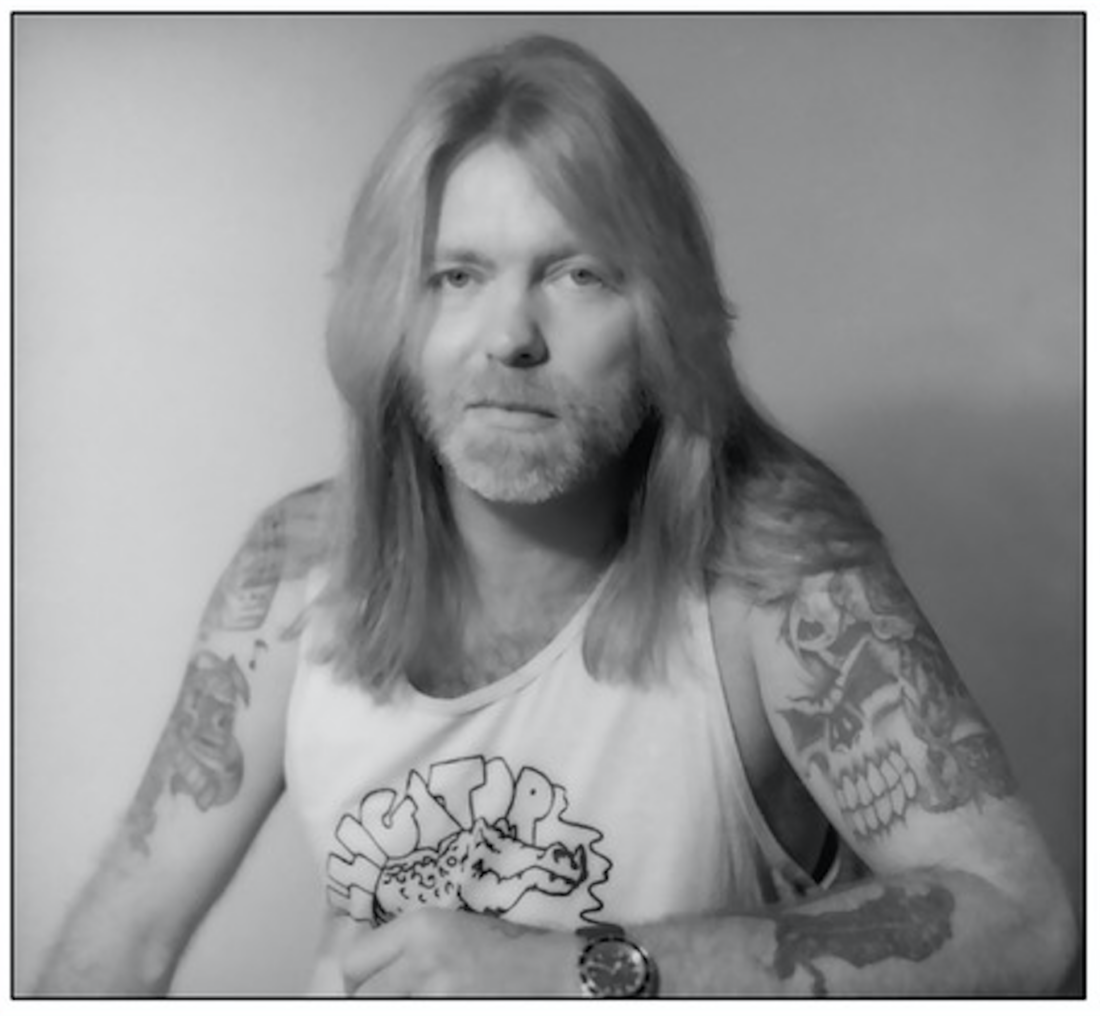
Are there any highlights for you on the album?
“Queen of Hearts” is so awesome. The Laid Back [album] version has such a quintessential studio vibe. It is so colorful and moody, but hearing the elasticity on the live version sounds fantastic. Some songs are faster as if they were gunning it. I don’t know if there are some substances involved. I can only speculate [laughs], but it sounds like a band in top form.
The horns are so prominent on this album.
In his later years, Dad really embraced horns. He liked their elegance, whereas the Allman Brothers were a bit more bombastic and guitar-driven. His solo band, to me, was always more song-driven.
What did he tell you about the early eighties?
I remember him saying it was humbling to return to the roots and play clubs. He was really rebuilding his career. There were moments when he was rolling his own Hammond B3 organ into the venue because they were on more of a budget.
Is there a timeline for the next release?
I think it would be smart to put one out every year, but it’s a process. You want to have the best-sounding, best-looking package. What the family wants is for his music to live on. We know that his fans have records from the old days, so we want to give them new versions of familiar favorites. I think it’s a beautiful thing for them to hear these time capsules.


